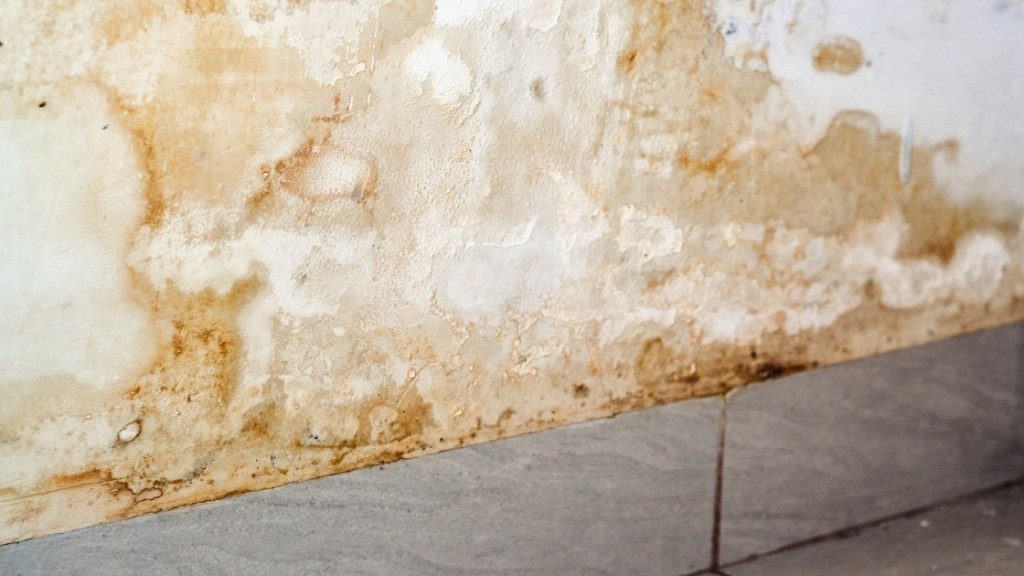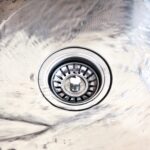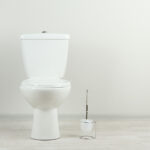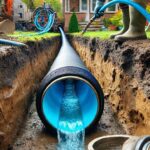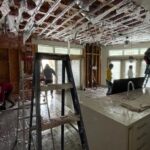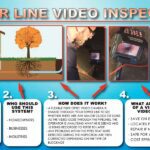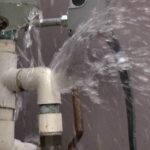Plumbing leaks are one of the most common yet potentially disastrous issues homeowners can face. If left undetected, leaks can cause serious damage to your home, leading to costly repairs and even health hazards. The key to preventing these problems is early detection and proactive maintenance. In this blog, we’ll explore how to detect and prevent plumbing leaks before they turn into a nightmare. With the help of Metro-Flow Plumbing, recognized as one of the best plumbers in Dallas, you can protect your home and your wallet from the dangers of leaks.
Why Leaks Are Dangerous
Before diving into detection and prevention, it’s important to understand why plumbing leaks are so dangerous. Here are some of the primary risks associated with leaks:
- Water Damage: Leaks can cause extensive water damage to walls, floors, ceilings, and personal belongings. Over time, this damage can weaken the structural integrity of your home.
- Mold Growth: Persistent moisture from leaks creates the perfect environment for mold and mildew to thrive. Mold not only damages your home but can also lead to serious health issues, especially for those with allergies or respiratory conditions.
- Increased Water Bills: Even small leaks can lead to significant increases in your water bills. Detecting and fixing leaks early can save you money in the long run.
- Environmental Impact: Wasting water due to leaks is not just a financial concern; it also has a negative impact on the environment. Conserving water by fixing leaks is a responsible choice.
Given these risks, it’s crucial to be vigilant in detecting and preventing leaks. As Dallas plumbers with over 30-years of experience, Metro-Flow Plumbing is here to help you protect your home from these dangers.
How to Detect Plumbing Leaks
- Monitor Your Water Bill
One of the easiest ways to detect a hidden plumbing leak is by keeping a close eye on your water bill. If you notice an unexplained increase in your water usage without a change in your daily habits, it could be a sign of a leak. Compare your water bills from month to month to spot any irregularities.
If you suspect a leak based on your water bill, don’t hesitate to contact Metro-Flow Plumbing at 214-214-4718. Our experts can help you locate and fix the problem before it gets worse.
- Check for Visible Signs of Leaks
Regularly inspecting your home for visible signs of leaks can help you catch issues early. Here are some common indicators to look for:
- Water Stains: Brown or yellow stains on walls, ceilings, or floors are often a sign of a leak.
- Damp or Spongy Floors: If your floors feel damp, spongy, or warped, it could indicate a leak underneath.
- Mold or Mildew: If you notice mold or mildew growing in areas that should be dry, it’s a strong indicator of a leak.
- Musty Odors: A persistent musty smell in your home can be a sign of hidden moisture from a leak.
If you spot any of these signs, call Metro-Flow Plumbing at 214-214-4718. We’ll send one of the best plumbers in Dallas to assess the situation and provide a solution.
- Use Your Water Meter for Detection
Your water meter can be a valuable tool for detecting leaks. Here’s a simple method to check for leaks using your meter:
- Step 1: Turn off all water sources in your home, including faucets, showers, and appliances.
- Step 2: Locate your water meter and check the reading.
- Step 3: Wait for 30 minutes to an hour without using any water, then check the meter again. If the meter reading has changed, it’s likely that you have a leak somewhere in your plumbing system.
If your meter test indicates a leak, contact Metro-Flow Plumbing at 214-214-4718 for a thorough inspection by certified Dallas plumbers.
- Inspect Your Toilets
Toilets are a common source of leaks, often due to worn-out flapper valves or other internal components. A simple way to check for toilet leaks is to perform a dye test:
- Step 1: Add a few drops of food coloring to the toilet tank.
- Step 2: Wait for 10-15 minutes without flushing.
- Step 3: Check the toilet bowl. If the water has changed color, you have a leak.
If you find a toilet leak, Metro-Flow Plumbing can help. Contact us at 214-214-4718 to have one of the best plumbers in Dallas fix the issue quickly.
- Listen for Unusual Sounds
If you hear water running or hissing noises when no water is being used, it could be a sign of a hidden leak. Pay attention to these sounds, especially in quiet moments, as they can indicate water escaping from your pipes.
Don’t ignore unusual sounds in your plumbing. Call Metro-Flow Plumbing at 214-214-4718 to schedule an inspection.
How to Prevent Plumbing Leaks
- Schedule Regular Plumbing Inspections
One of the most effective ways to prevent leaks is to schedule regular plumbing inspections with a trusted professional. During an inspection, a plumber can identify potential issues before they become major problems, saving you time and money.
Schedule a plumbing inspection with Metro-Flow Plumbing by calling 214-214-4718. Our team of experts is here to keep your plumbing system in top shape.
- Replace Old or Worn-Out Fixtures
Old or worn-out fixtures, such as faucets, showerheads, and toilets, are more prone to leaks. Replacing these fixtures with new, high-quality options can help prevent leaks and improve the efficiency of your plumbing system.
If your fixtures are outdated, contact Metro-Flow Plumbing at 214-214-4718. We’ll help you choose and install the best replacements.
- Insulate Your Pipes
During the colder months, pipes are more susceptible to freezing, which can lead to bursts and leaks. Insulating your pipes, especially those in unheated areas, can help prevent this from happening.
Protect your pipes from freezing this winter. Contact Metro-Flow Plumbing at 214-214-4718 to learn about our pipe insulation services.
- Avoid Using Chemical Drain Cleaners
Chemical drain cleaners may seem like a quick fix for clogs, but they can actually damage your pipes and lead to leaks over time. Instead, use a plunger or drain snake to clear clogs, or contact a professional plumber for assistance.
If you’re dealing with stubborn clogs, call Metro-Flow Plumbing at 214-214-4718. We offer safe and effective drain cleaning services.
- Install a Water Leak Detection System
A water leak detection system can alert you to leaks in real time, allowing you to take action before significant damage occurs. These systems are especially useful for detecting hidden leaks in walls or under floors.
Interested in a water leak detection system? Contact Metro-Flow Plumbing at 214-214-4718 to learn more about installation options.
Trust the Best Plumbers in Dallas
At Metro-Flow Plumbing, we take pride in being the best plumbers in Dallas. Our team is dedicated to helping you detect and prevent plumbing leaks, ensuring that your home remains safe and free from water damage. Whether you need an inspection, repairs, or installation services, we’re here to provide top-quality solutions.
Don’t wait until a small leak becomes a big problem. Contact Metro-Flow Plumbing at 214-214-4718 today for all your plumbing needs.

About Metro-Flow Plumbing
Metro-Flow Plumbing is a leading provider of professional plumbing services in Dallas, Texas. With over 30 years of experience and a team of highly skilled Dallas plumbers, we offer comprehensive solutions for all your residential plumbing needs. From routine maintenance to emergency repairs, our experts are committed to delivering top-quality service with integrity and professionalism.
As trusted Dallas plumbing professionals, we specialize in a wide range of services, including leak detection, pipe repair and replacement, water heater installation, drain cleaning, cured-in-place pipe lining, and much more. Our dedication to customer satisfaction and our use of cutting-edge technology set us apart in the industry.
When you need reliable plumbing services or Dallas emergency plumbing assistance, Metro-Flow Plumbing is just a phone call away. Contact us at 214-214-4718 to schedule an appointment or for immediate help with your plumbing concerns. Trust Metro-Flow Plumbing to keep your water flowing smoothly. Visit our website at metroflowplumbing.com for more information.

